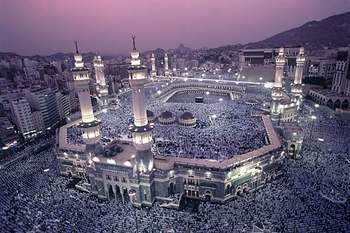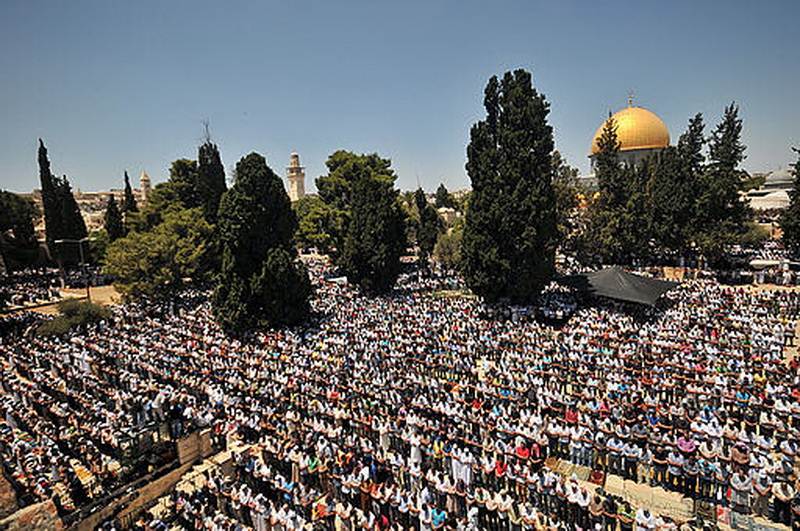Al-Jazeerah
 |
 |
 |
| Al-Haram Mosque in Makkah | The Prophet's Mosque in Madinah . | Al-Aqsa Mosque Compound in Jerusalem |
|
Islam: God's Message of Guidance to Humanity
By Hassan Ali El-Najjar
1438 / 2017 |
I seek refuge with God from the Stoned Shaytan
In the name of Allah, the Beneficent, the Merciful
Table of Contents
I. Introduction: Basic Information
1.
Islam: A Brief Introduction
2.
Three Levels of Faith: Islam, Iman, and I'hsan
3.
The Scientific Evidence That God Exists and the
Holy Qur'an Is His Message to Humanity
4.
Creation and Evolution in the Holy Quran
5.
Humans, As God's Caliphs on Earth
6.
Adam's Contest With the Angels, and Getting Out
of Paradise
7.
Worshippers By Choice Or Forced Slaves?
8.
The Relationship Between the Spiritual and the
Physical Aspects of Islamic Teachings
9.
Mind, Self, Soul, Spirit, and Happiness from an
Islamic Perspective
10. Heart-Mind Relationship in the Holy Quran